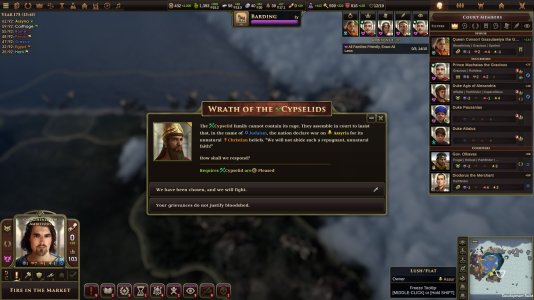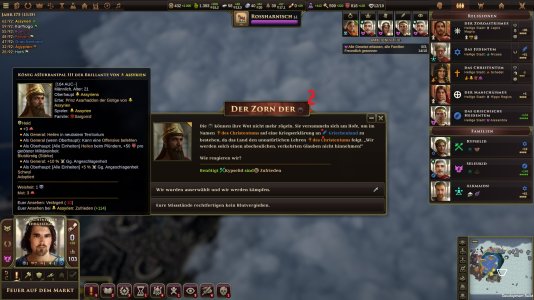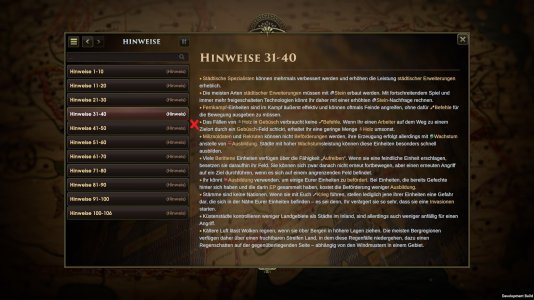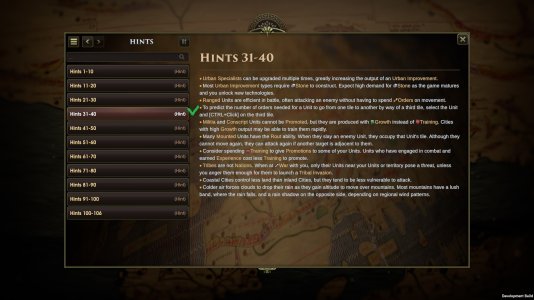Version 1.0.61443
Playing with official Geman translation something does confuse me when it comes to religions: There are several religions named "heidnisch". I think, the term "Heidentum" is used wrong here. In common today's german language "Heidentum" means "nonbeliever", "disbeliever", "irreligiously".
(I am aware the term is used in more neutral meaning in study of religions (Religionsissenschaften), but that is specialist language, not common one.)
According to
Wikipedia the therm was used pejorative by Christians to describe and to establish a border between Chritians and Non-Christians. It goes on: "The negative connotation of the term Heidentum can still be found in today's parlance."
So for this game the therm feels "wrong" to me in more then one direction:
1. with "Heidetum" the game uses christian term before Christanism even is founded.

2. the game names a religious system as non-religos (see modern use of the term Heidentum)

3. negative connotation of the term "Heidentum" is still around

I would prefer to replace "das xyz Heidentum" with one of the following terms:
- "das xyz Pantheon"
- "die xyz Götterwelt"
- "xyz Gottheiten"
- "xyz Mythologie"
- "die traditionelle xyz Religion
- "die xyz Stammesreligion"
The adjektive "heidnisch" perhaps can be replaced without to much change in text files by:
"ethnisch" (-> "ethnische Religion" instead of "heidnische Religion")
"lokal" (-> "lokale Religion" instead of "heidnische Religion")
"traditionell" (-> "traditionelle Religion" instead of "heidnische Religion")
I did not want to open new thread, so i'll add it here, maybe we can discuss it openly.
 ), but just in case...
), but just in case...
 ), but just in case...
), but just in case...
 .
.





